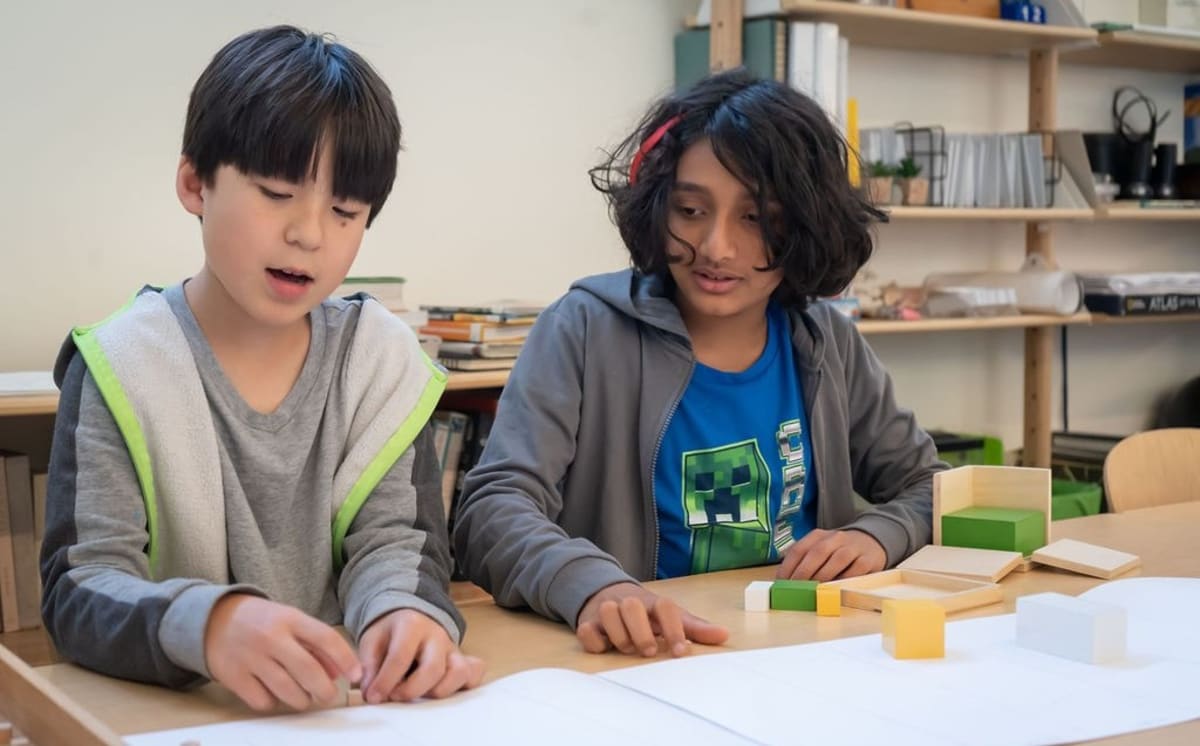
How we see Westside Montessori School
Compare with:
How Westside Montessori School sees itself
"From the earliest years through adolescence, Westsiders radiate self-confidence and a love for learning. Our two downtown campuses, each with expansive green space, offer Toddler (1.5-3yrs), Casa (3-6yrs), Elementary (6-12yrs) and Adolescent (12-14yrs) programs that are holistic, bilingual (French) and academically challenging, while staying true to Montessori Philosophy. Our children develop strong executive functions, a love of and connection to nature, and a sense of belonging and commitment to their community."


How people from the school’s community see Westside Montessori School
Top-down influence on the school’s direction and tone
Liz Bovey, Director
BA, Montessori Diploma: Primary and Elementary
Children present us with opportunities to think about the world in new and fascinating ways. I am blessed to share my days with our Westside students and my evenings with my own child, who is three. A few months ago, when explaining to my son Wyatt that I work at his school and we may see each other from time to time, he began with the “Why? Why?” that educators and parents are extremely familiar with. He wanted to know why I work at his school, “Because I like to help children and teachers.” “Why?” “Because I love children.” “Why?” Up until this moment, the conversation had been easy, really easy. This was a huge question and he was awaiting my response, “I love children because within each child lies an opportunity for a better world”.
Maria Montessori, who lived through two world wars, believed that through children, we can achieve world peace, and I quote, “Establishing lasting peace is the work of education; all politics can do is keep us out of war.” Mahatma Gandhi met Maria Montessori in 1931, and she invited him to speak to a group of Montessori teacher trainees. He said, “If we are to create peace in our world, we must begin with our children.”
They are right, if peace doesn’t begin with the children, it doesn’t begin at all. Spending time with these beautiful souls reminds me on a daily basis that anything is possible and they will lead us there. We must give them the opportunity, trust and confidence to make it happen. We must have faith in their development and know that they will arrive.
I invite you to set up a time to come to Westside Montessori School and learn more about our programs and the independent, motivated and compassionate students we are guiding.
THE OUR KIDS REPORT: Westside Montessori School
Next steps to continue your research:
Continue researching Westside Montessori School with OurKids.net, or visit school website.